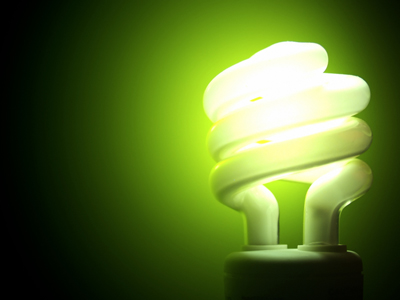

Physics - Everyday Electrical Transfers
This Physics quiz is called 'Physics - Everyday Electrical Transfers' and it has been written by teachers to help you if you are studying the subject at senior high school. Playing educational quizzes is one of the most efficienct ways to learn if you are in the 11th or 12th grade - aged 16 to 18.
It costs only $19.50 per month to play this quiz and over 3,500 others that help you with your school work. You can subscribe on the page at Join Us
When you consider all the everyday appliances that run off electricity, like light bulbs, TVs, refrigerators, CD players, radios, computers, vacuum cleaners, microwaves, the internet etc, it's hard to imagine life without electricity. Think of how important they are in your life - music/TV/Internet on demand, ice cream staying solid in the freezer, light to read by in the evening. Put simply, the convenience and usefulness of mains electricity to our way of life and standard of living is major.
Ready for more?
not all...
quizzers. Try to win a coveted spot on our Hall of Fame Page.






